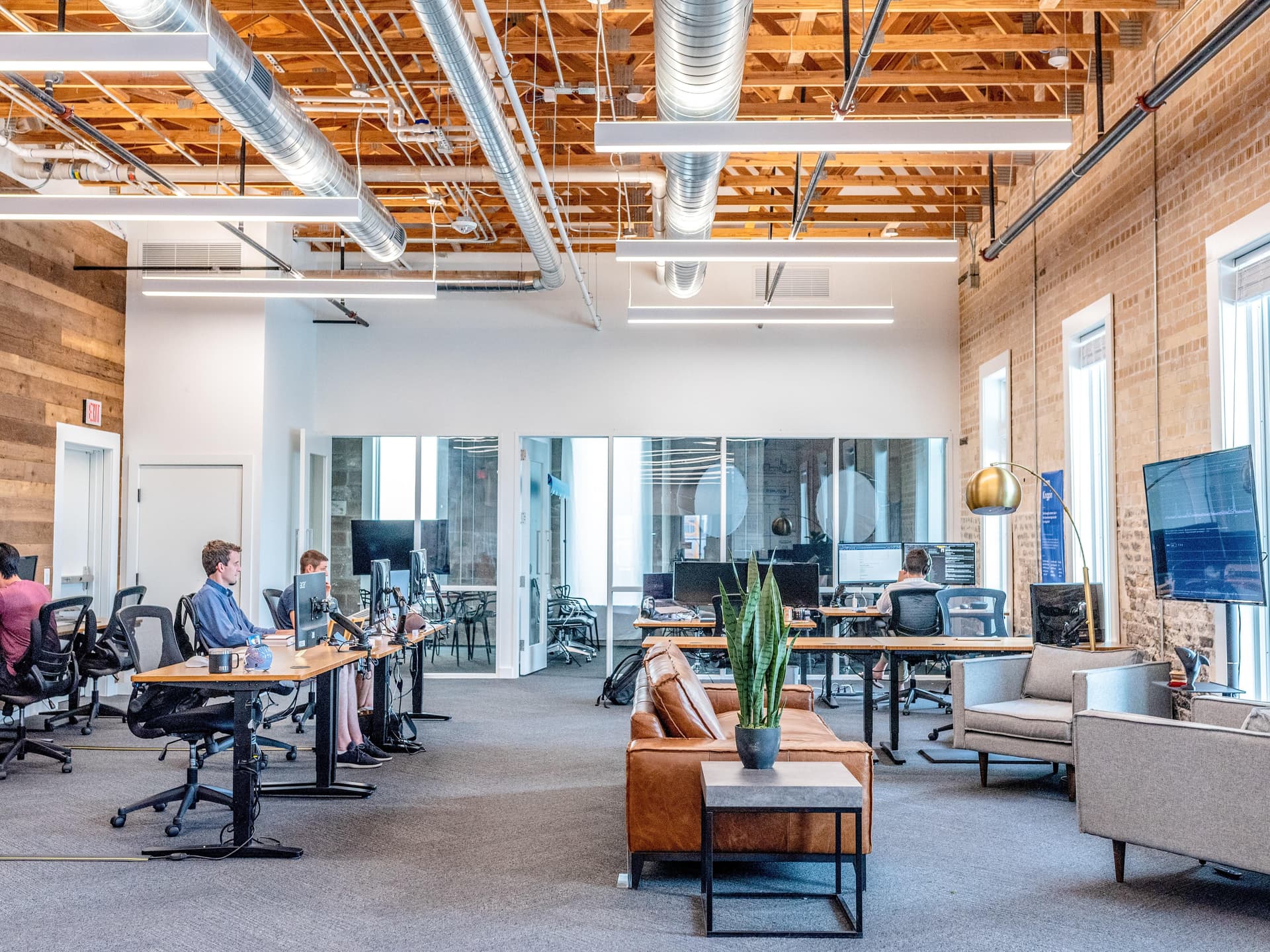Four months ago now, we got accepted to the Y-Combinator for our shared inbox solution, Front. We wrote about our first month inside the famous Californian structure. But recently, we’ve been asked to write what happened after that. And let’s face it, a lot of things happened!
So here I am again, after 3 months at Y Combinator. I’d like to go over what it did for our team, our product and our fundraising.
(You’ll also find some advice for filling out your YC application and doing the interviews at the end of this article, make sure to check it out if you’re interested.)
It makes or breaks your team, and that’s a good thing
Y Combinator is pretty intense. Amongst all the other things that it will bring you, one stands out: after these 3 months, you definitely know who your team is.
When we started Y Combinator, there was 5 of us working at Front (my co-founder, 3 employees and me). To make things easy, we decided to rent out a house in Palo Alto that would accommodate us all and from which we could all work. We weren’t from the Bay area at all, we weren’t even from the United States so we figured this was just the simplest way to go. Being far from our families and our friends had a least one advantage: we could be entirely focused on the work we wanted to do and that’s what we did, right from our living room. But that would also mean that we would stay together 24/7.
This will necessarily test the relationships you have with your teammates more than anything you’ve done before. YC pushes you towards your limits and makes sure that nothing is going according to plan. If relationships are easy to maintain when everything is going well, it’s a whole different story when the pressure is on. You’ll probably need to face some downtime, a bad launch, weeks with no growth at all, excessive churn, you and your team will be tired. And not only will you have to manage all of that, you’ll also need to make sure that the morale stays up and that everyone is still motivated to get up every day and walk to the living room to keep building a product that people will love.
But there is definitely a silver lining to the point I’m trying to make:, our team came out of this summer stronger that it ever could have been otherwise. We now know who we are, how we work together and when it’s time to just let everything down and go eat a burger. And this, in my opinion, is definitely priceless.
It helps you answer the only question that matters: is your product something people want?
Y Combinator makes things go faster
This sound pretty obvious knowing that Y Combinator is an “accelerator” but these are the different reasons that actually make everything go really fast.
As a startup of the batch, you get high visibility thanks to Demo Day and to your own TechCrunch launch. Thanks to that, we were able to get more than 300 signups in our first couple weeks (see exactly how we did in this article on launching your product effectively).
YC partners are all highly connected and are always happy to make as many intros as you need to experts, potential customers, press…
The YC alumni network is really strong (over 1,400 founders and 700 startups today). And everyone is really responsive when it comes to giving you advice or meeting you in person. This is how we managed to get meetings with founders of Stripe, Dropbox or Airbnb!
Being right in the Valley made it really easy for us to go to events and meetups and meet great people there too.
But you still need to figure out things by yourself: YC will never tell you what people want
If there is one thing that is true about YC partners, it’s that you can’t expect them to do the work for you.
I still remember the day we finally got to meet Paul Buchheit. At that time, he was the partner we were most excited about meeting because of him being Gmail’s creator. We had prepared this whole set of questions for him regarding our app. We presented 3 different orientations for the product and asked his advice on which one we should choose. We thought he would just pick one and we would love the office hour with a magic answer that would make everything clearer. His answer: “Follow your growth”. I can’t say we weren’t disappointed but it actually made so much sense. Two reasons for that: we knew our market way better than any YC partner and we talked to our customers more than they ever could. And that meant that he didn’t have the answer, we did.
In the end, even if you’re in great company and if there are a lot of people ready to help you, you’re the one who will have to do the hard work and make the tough decisions. But YC will be there all the way to help you ask yourself the right questions and focus on the right things.
It makes your financial future safer, at least for the next 18 months
Demo Day will be one of your main focus during the 3 months and it’ll definitely be an additional source of pressure. But you need to know one thing: you’ll be fine. Sure, you will probably need to rehearse your pitch dozen or even hundreds of times and you will reach a point where you’re not sure what you’re really saying anymore.
But, again, you’ll never feel alone in the weeks before the event. We found that the partners were always there for us, whenever we needed them. During their office hours obviously, but also during those late night or weekends when questions usually creep up. They’re always just a Skype call away!
On D-Day, don’t let yourself be impressed by all the investors and people in the room (around 500 if I counted them right). Sure, there are some of the most impressive VC funds out there like Sequoia or a16z, as well as major seed funds (SV Angel, First round…) and great business angels. But they’ve been expecting this day as much as you have for the past 4 months. Basically, you just need to consider your pitch as a gift to them and everything should be alright.
Check out these 50 pitch great deck examples for more inspiration.
Advice and tips for applicants
1. The application
Be concise. One or two sentences per answer is plenty enough. Bullet points are great.
Give figures. These can be lines of code, number of beta releases or beta users, your total addressable market, your pricing….
Show you’re making something people want. Again these are probably going to be numbers: of email subscribers, of paying customers, of active users, of pre-orders… But you can also share good feedback or LOIs.
Zain Shah, from the YC Summer 2013 batch, also wrote question per question advice you should definitely have a look at.
2. The interview
Be concise. Again. Try staying under 15 seconds per answer. Time flies when you’re in the interview room and you want to cover as much as you can.
Give figures. Feel free to use the same ones you used in your application.
Be prepared. List all the questions you might get asked and write down all the answers. Once you’ve done that, assign different replies to different co-founders so you don’t get mixed up.
Rehearse. Don’t think that knowing the right answers is enough. You need to rehearse over and over again (we probably rehearsed over 10 times) to make sure everything is seamless. You can stop rehearsing the day before the interview though to avoid the unnatural effect of reciting text. If you can, do mock interviews too, if possible with an American company (if you’re not from the US). They have a different approach to selling products from which you learn a lot.
3. Don’t be afraid to ask for advice
We’ve all been helped before entering Y Combinator and we now all feel really grateful. So don’t be afraid to ask YC alums to help you out for a mock interview or for preparing some responses to tough questions. I’d be happy to help (just shoot me an email at mathilde (at) frontapp.com)
And whatever happens next for you, remember that preparing a YC application will never be a waste of time.
If you don’t get accepted after the written application, look at the bright side of things: you now have a better understanding of your market, you’ve thought of your team more and you’ve put words on your idea and your vision. These are things that you wouldn’t have taken the time for otherwise.
If you don’t get accepted after the interview, you will get the reason why and you’ll then be able to improve your product. This is what happened to SoapApp. You can ping them on Twitter, they’ll tell you how they were able to pivot after their interview.
That being said, we wish you all the best of luck!
Written by Mathilde Collin
Originally Published: 17 April 2020











